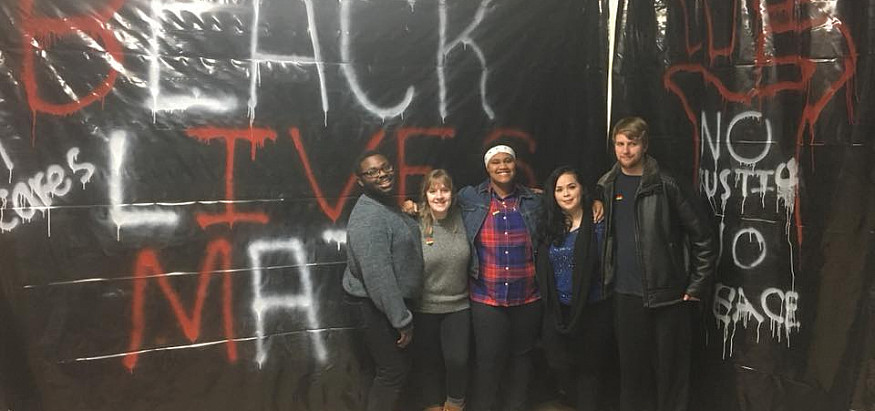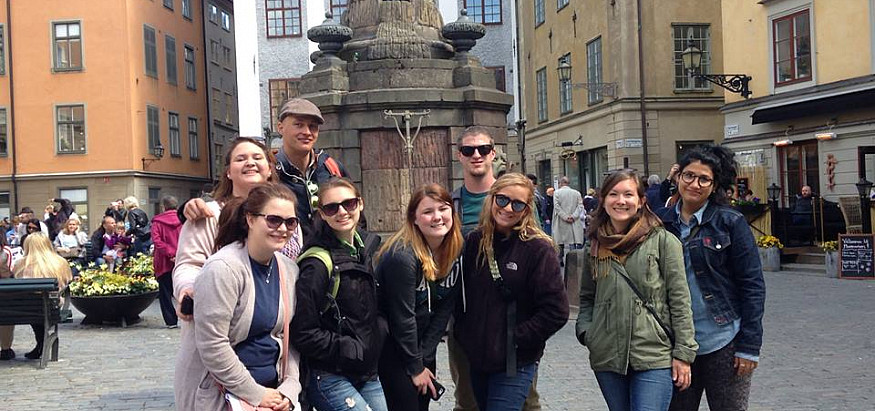Sociology Department
Our department allows students to combine sociological academic curriculum with hands-on experience in specialized interests.
The Department of Sociology provides a unique, customizable opportunity to study human society. Our students refine their skills through coursework and hands-on fieldwork, crafting well-rounded individuals prepared for a variety of careers. Our program includes an education in inequality, theory, social justice, culture, and sociological research. Sociology scholars have the opportunity to tailor their education to specialize in particular areas of Sociology, such as Inequality and Health and Human Services. In addition, students, not limited to the Sociology Department, who are particularly interested in research can pursue a certificate in Applied Data Analysis.
Applied Data Analysis Concentration
The Applied Data Analysis Concentration is an opportunity unique to Emory & Henry. As a part of the Social Science Division, this concentration allows students to prepare for graduate school or professional research opportunities.
This program allows undergraduate students and non-degree seeking students to gain qualitative and quantitative data analysis skills that prepare them for the world of work. Students who complete the concentration will apply those skills in at least one multi-semester social science research project.
Students of various disciplines have the opportunity to enhance their skills in research, data collection, analysis, and project management. This concentration is taught by faculty with backgrounds in sociology, economics, political science, law, international relations, geography, and earth and environmental sciences.
designa and complete an original research.


